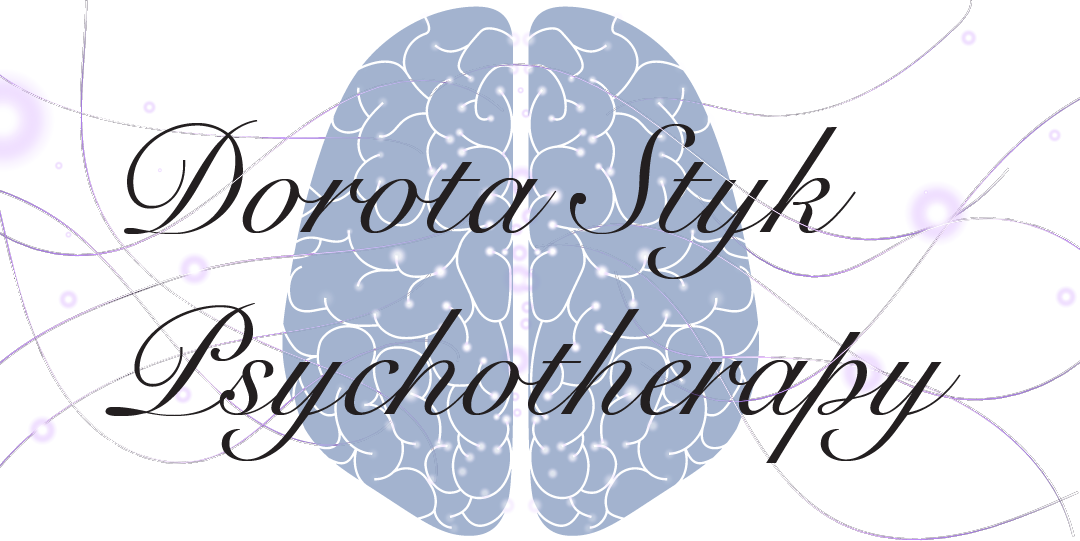Embarking on a New Journey: Starting My Own Psychotherapy Practice
As I reflect on my professional journey, I am thrilled to announce the launch of my own psychotherapy practice. This exciting venture represents the culmination of years of diverse experience and education in cognitive science, psychology, neuroscience, and various therapeutic modalities.
My unique background as a cognitive scientist with expertise in computational modelling and neurocognitive testing has laid a solid foundation for this new chapter. The development of a SaaS platform for neurocognitive testing during my doctoral research ignited a passion for cognitive rehabilitation, particularly for individuals with brain injuries, neurodegenerative disorders, and neurodevelopmental conditions.
This initial work led me to recognise the importance of a holistic approach to mental health and wellbeing. Consequently, I pursued additional training in cognitive behavioural therapy (CBT), psychotherapy, and counselling. These disciplines have beautifully complemented my scientific background, enabling me to offer evidence-based interventions that address both cognitive and emotional aspects of mental health.
In my new practice, I am eager to utilise my multifaceted skillset to provide comprehensive care to clients. As a cognitive behavioural therapist, I will help individuals identify and modify maladaptive thought patterns and behaviours, drawing on my deep understanding of cognitive processes to tailor interventions effectively.
My role as a psychotherapist will allow me to integrate various therapeutic modalities, including CBT, mindfulness-based approaches, and psychodynamic techniques. This eclectic approach will enable me to address a wide range of psychological issues, from anxiety and depression to more complex trauma-related disorders. I am particularly excited about the opportunity to explain the neurobiological underpinnings of mental health conditions to clients in accessible terms, bridging the gap between scientific knowledge and therapeutic practice.
As a counsellor, I look forward to providing supportive guidance to individuals navigating life transitions, relationship issues, and personal growth challenges. My scientific training will enhance my ability to offer evidence-based advice whilst maintaining a compassionate and client-centred approach.
One of the most exciting aspects of starting my own practice is the opportunity to continue bridging the gap between research and therapeutic practice. I plan to leverage my technical skills in Python, MATLAB, and other programming languages to develop innovative tools for cognitive assessment and rehabilitation. This unique combination of scientific rigour, technological proficiency, and therapeutic expertise will allow me to offer cutting-edge, personalised interventions to my clients.
As I embark on this new journey, I remain committed to ongoing professional development. I will continue to pursue Continuing Professional Development courses in psychology, neuroscience, and therapeutic modalities to ensure that my practice remains at the forefront of cognitive science and mental health treatment.
By synthesising my roles as a cognitive scientist, therapist, and counsellor in my own practice, I aim to provide comprehensive care that addresses the complex interplay between cognition, emotion, and behaviour. My ultimate goal is to empower individuals to overcome cognitive challenges, improve their mental health, and enhance their overall quality of life.
I am filled with enthusiasm and optimism as I take this significant step in my career. The opportunity to create a space where science and therapy converge to support individuals on their journey towards mental wellbeing is truly inspiring. I look forward to the challenges and rewards that lie ahead as I embark on this new chapter in my professional life.

